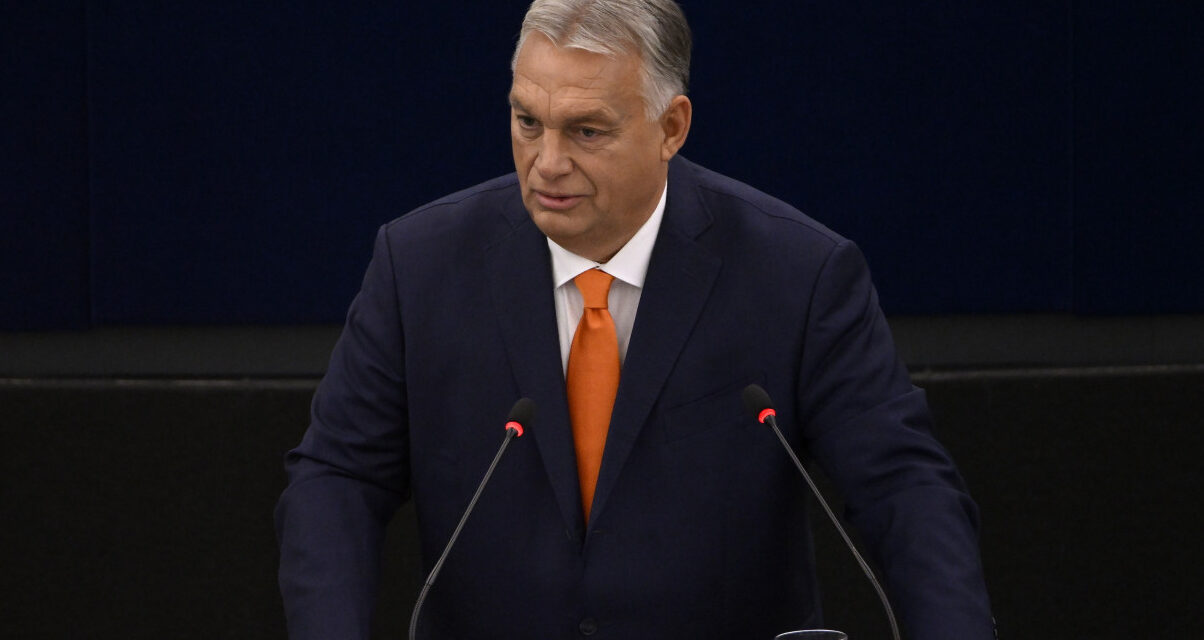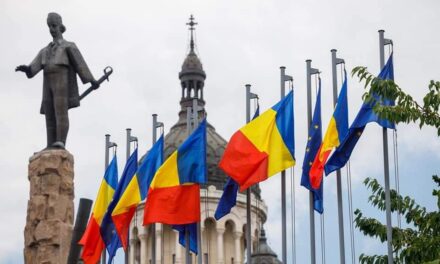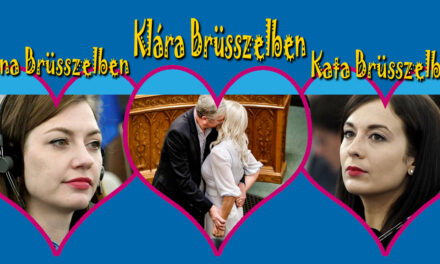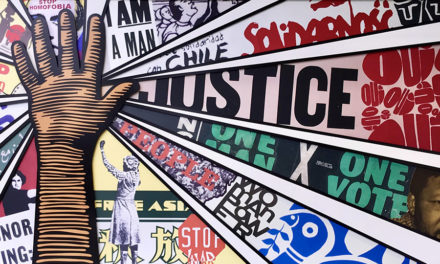If there was a dispute here, it was between Viktor Orbán and Ursula Manfred von der Weber, a pan-European political product, but the bad news is that out of these three people, not the two who had thoughts about Europe's problems, the ones we pay for it.
And do you know, gentle readers, what is a carrazorga? A Kazakh-Kyrgyz folk dance. It is improvisational, not terribly difficult, just about as much as the Hungarian csárdás, imitating the rider of a Prussian paripa, and is accompanied by some melodic chords tailored specifically for this dance. You can get lost in it, it's very beautiful, extremely catchy - especially for those who see and hear it for the first time. The waiters of my favorite Central Asian tea house chain, Navat, dance once every night. It's not such a nice dance for them, I'll take a risk.
In them, that paci is a little mechanical, and it certainly sometimes crosses their mind that after pouring a thousand liters of Tashkent tea and serving two horse sausages, they still have to clown around in the evening to the hundred foreigners who were peacefully munching that day.
View this post on Instagram
Well, this is how the European Parliament's fancy troupe danced yesterday after Viktor Orbán's program speech.
Someone who has never listened to a political speech in his life might even have liked it; everyone else had already seen the mechanical movements in the séance. He noticed the lies, gasping for air and with a skyrocketing pulse, about how "all its EU neighbors surpassed Hungary in GDP per capita" (Slovakia was overtaken, Croatia was never even close to overtaking), about how "the national debt increased by two and a half times" ( We calculate in proportion to GDP, because the absolute forint value has no significance and has decreased by 10 percent since 2010), about how everyone in this country is dying of hunger, emigrating, while there is freedom of the press, corruption and lawlessness.
The long-gone Hungarian inflation among EP representatives paid for activities absolutely unrelated to Hungarian domestic politics, the fact that the public television of the dreaded Orbán regime is not reporting on the debate (even the prime minister himself broadcast the whole theater live on several channels),
we could listen to Ilaria "Szétverlek" Salis about the rule of law, and committee president Ursula von der Leyen decided once and for all that she won't even try to outline a more meaningful European policy than Viktor Orbán, rather she will try to replace him here, just shut up.
The 1956 talk was about this and nothing else: instead of coming to terms with the total failure of the European Ukraine policy or at least trying to deny it, the President of the European Commission insulted the Hungarian Prime Minister with the bluff that he is supposedly making the Ukrainians responsible for the Ukrainian-Russian war, as if the Hungarians were responsible for 1956, the Slovaks for 1968, and the Lithuanians for 1991.
Of course, no one thinks like this or anything like this, the Hungarian position is much simpler than that - a Ukraine policy that works should be pursued, there is not much point in doing anything else.
The strange irony of fate is that at yesterday's event, everyone was really looking forward to two debates:
the debate of the EP representatives on the program of the Hungarian presidency, and a debate between Péter Magyar and Viktor Orbán. Well, nothing came of any of that.
The EP representatives, including Péter Magyar, threw Viktor Orbán in the sandpit with striped plastic shovels instead of a debate.
If there was a dispute here, it was between Viktor Orbán and Ursula Manfred von der Weber, a pan-European political product
– but my bad news is that out of these three people, not the two that we are paying for had thoughts about Europe's problems. But to the third, whom not for that reason.
By yesterday, Viktor Orbán had clearly established himself as the leader of alternative Europe, and is no longer an isolated phenomenon on the margins of European politics.
There is a narrow majority of spitters who hate him without any ideas; and those who go with him are in a narrow minority. In addition to the Patriots, the European Conservatives and Reformers, as well as the Europe of Sovereign Nations faction and the Slovak Social Democrats, were extremely fair to the Hungarian presidency's relevant problems and proposed solutions.
The essence of representative democracy is that people who deal with politics full-time use their time to immerse themselves in the affairs of the country and the world, and thus know more and are able to make better decisions than those who do not deal with politics full-time. Well, this foundation is increasingly slipping away from European democracy; the representatives of the European Parliament do not know as much about their affairs as their own constituents. From the point of view of Hungarian domestic politics, I could even be happy about yesterday's EP debate:
Viktor Orbán flashed calm strength and a competitive European policy, while all members of the Hungarian opposition, old and new alike, danced in clown's cap around a nightmare of Hungary that exists only in their fever dreams, which thank God does not meet the perception of reality of the majority of the country.
I'm not happy though. Yesterday I landed from Kazakhstan, where they managed to hold a referendum on the return of nuclear energy in such a way that the campaign was about the referendum question, there were regular discussions in the public media, and the voters decided for or against nuclear based on political arguments related to the issue.
It was a refreshing experience of democracy, I would like to experience it in Europe as well -
because in the house of European democracy, there would be something to talk about politically, maybe Viktor Orbán is not the biggest problem of the European Union. We are in a big mess if we have to envy the democratic culture of a country that not only was not a democracy, but did not even exist forty years ago.
Featured image: MTI/Tamás Purger













